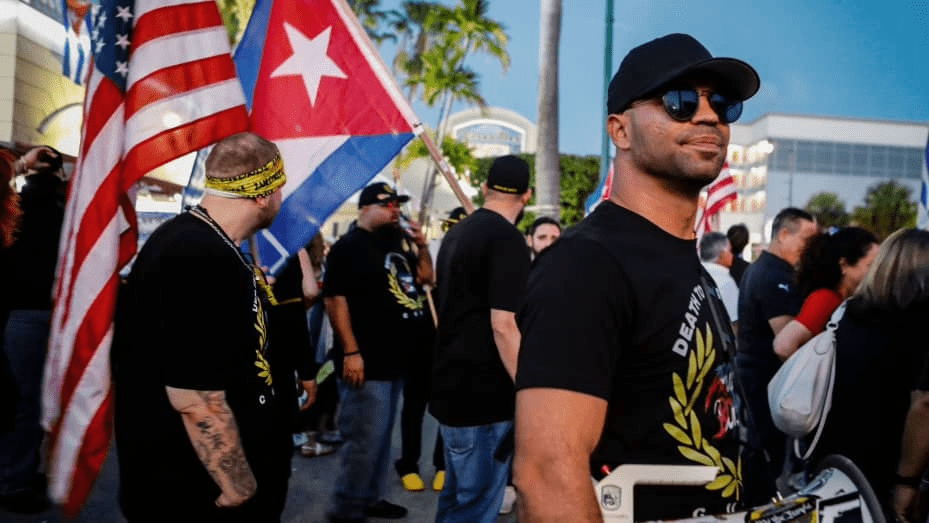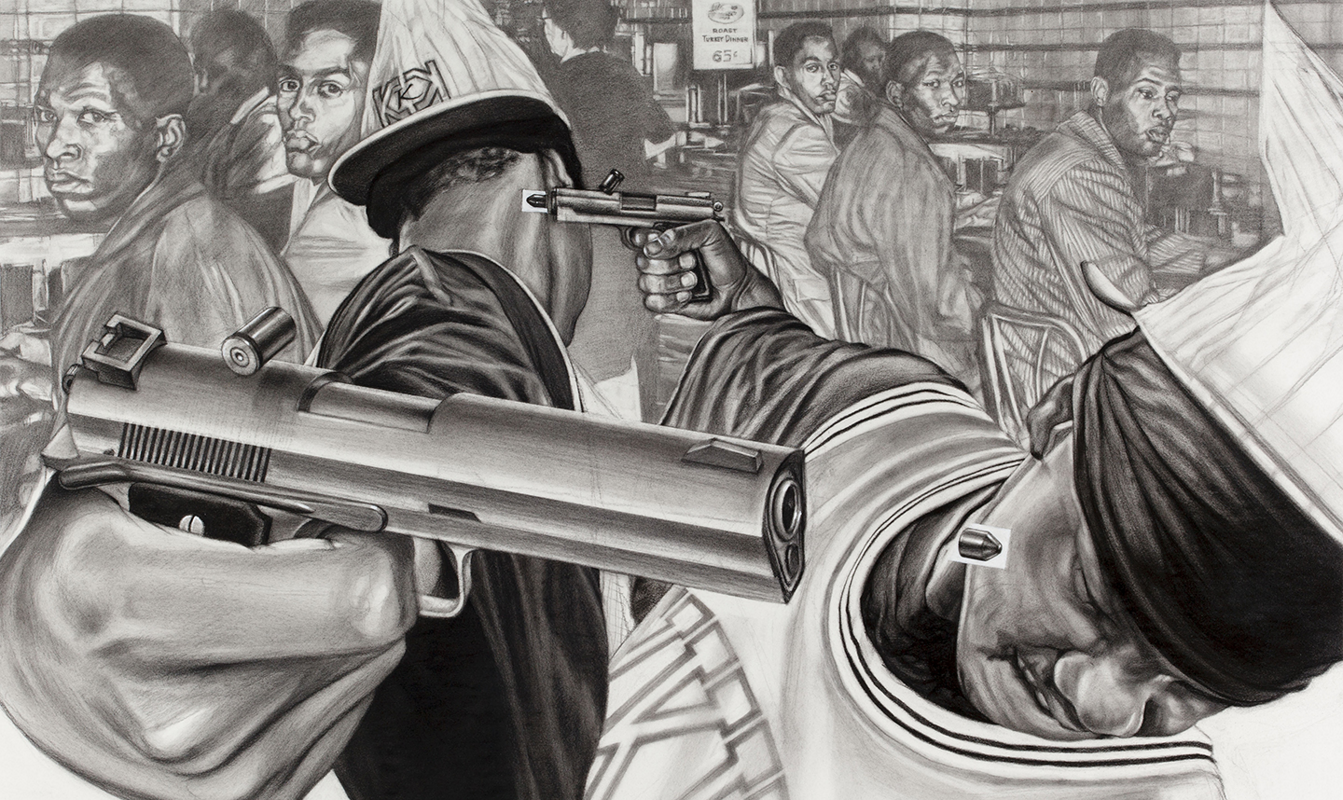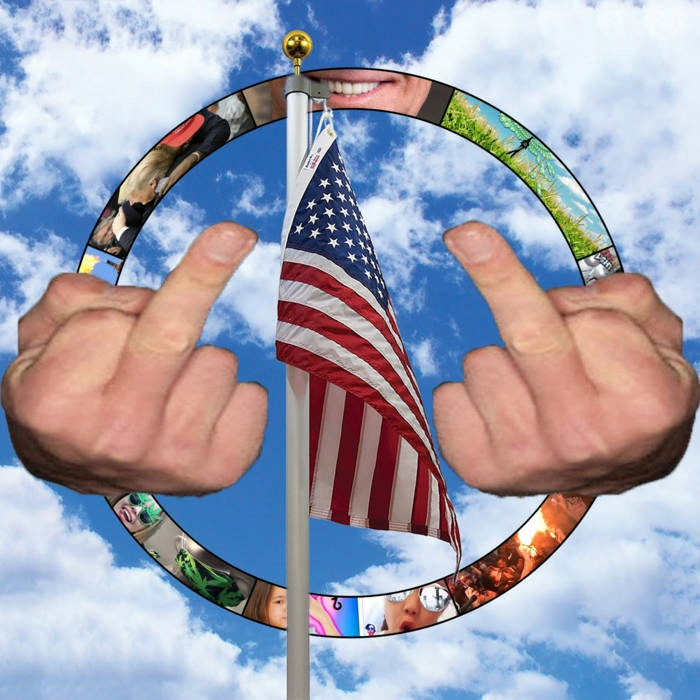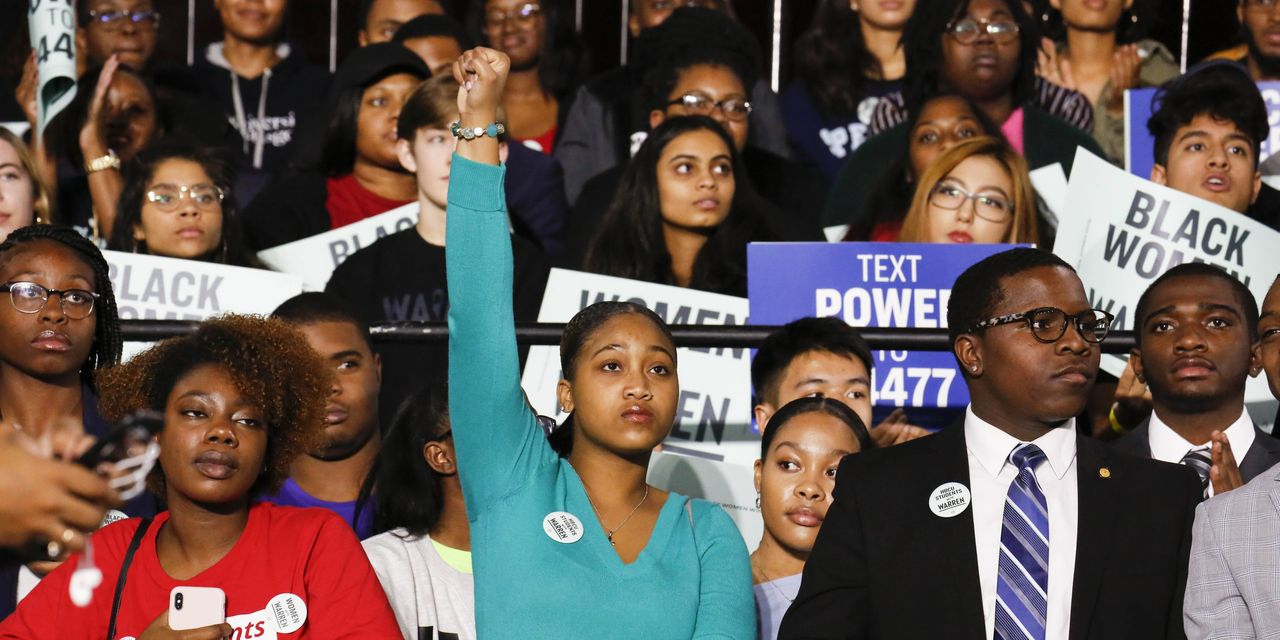Demons and Patrons: Navigating America's Racial Politics
Cynical Politics: America's Dueling Narratives on Race
Demons and Patrons: Navigating America's Racial Politics
Introduction
Race has long been a contentious issue in American politics, with both the right and the left having their distinct approaches, which can often be polarizing. Critics argue that on one side, the political right tends to demonize Black Americans, while on the other, some assert that the political left patronizes them. In this article, we'll take a cynical look at these perceptions, the underlying factors, and the consequences of such views.
The Right: Accusations of Demonization
Critics argue that the political right in America has a knack for demonizing Black Americans, and the evidence isn't exactly hard to find. From the infamous Willie Horton ad during the 1988 presidential campaign to their vehement opposition to social programs like welfare and affirmative action, it's clear that subtlety is not their strong suit.
The "tough on crime" stance, particularly during the 1980s and 1990s, is often seen as a carefully coded way of saying, "we're going after Black communities." The War on Drugs, which disproportionately impacted Black communities, is often touted as a brilliant plan to criminalize and incarcerate Black Americans. After all, who needs evidence when you have dog whistles?
The Left: Accusations of Paternalism
While the political left often wears the badge of social justice and civil rights, critics argue that their approach can be painfully patronizing. They love to paint Black Americans as perpetual victims in need of their constant assistance. What better way to maintain a loyal voter base?
Affirmative action policies, while intended to address historical racial disparities, are accused of creating a sense of tokenism and lowering expectations. Critics argue that the left's obsession with identity politics can lead to tunnel vision, where racial issues take center stage while other pressing concerns in Black communities get overshadowed.
The Complex Reality
In this convoluted political arena, it's essential to realize that these characterizations are like a one-size-fits-all shirt in a world full of diverse individuals and parties. People on both sides of the political spectrum hold a wide range of views, and generalizations can oversimplify the nuances in their perspectives.
It's also worth noting that the Black American community itself is a tapestry of opinions and experiences. While some may feel patronized or demonized by political ideologies, others might find aspects of both sides that align with their values and goals.
Consequences of These Perceptions
The cynical portrayal of demonization on the right and patronization on the left when it comes to Black Americans in American politics can have far-reaching consequences. It can contribute to further polarization, making it challenging to find common ground and pursue effective policy solutions. It can also lead to frustration and disillusionment within the Black community.
Conclusion
The perception of demonization on the right and patronization on the left when it comes to Black Americans is a cynical, complex, and contentious issue in American politics. While critics on both sides have valid concerns, it's essential to acknowledge that these perceptions don't apply universally and that the Black community itself is diverse in its opinions and experiences. To move forward, Americans must engage in open, empathetic dialogue and work toward policy solutions that address the deep-seated racial disparities in the country. After all, in the cynical world of politics, it's only through meaningful action that real change is achieved.
.png)






.png)
Comments